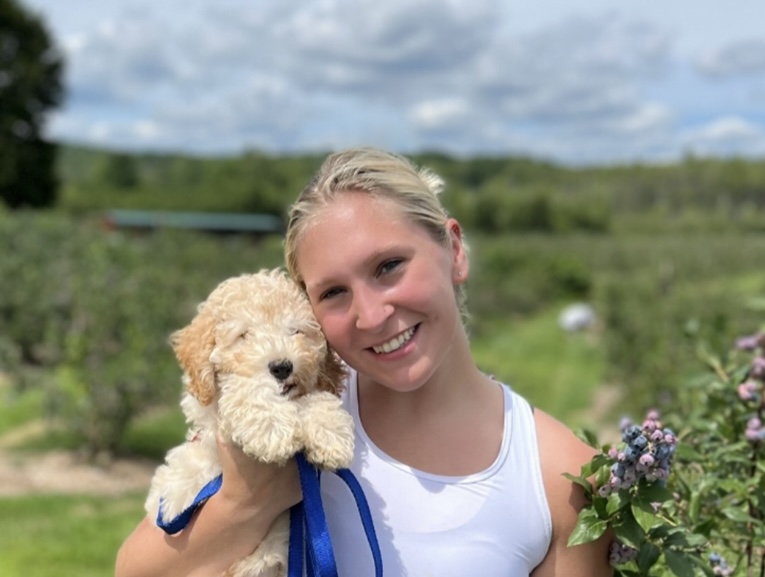October is Foster Youth Voice Month, a national campaign led by Selfless Love Foundation to elevate the voices of youth with lived experience in the child welfare care system. This submission is a part of our collaborative series to raise awareness about issues that impact youth with lived experience and highlight their voices.

It was a rare occasion when I felt truly listened to and supported while I was in foster care. When I finally felt that my voice was heard, I became more hopeful that I could not only change my life in more positive ways but might also change the lives of other children in the system. I had been a well-behaved student, and I never had issues with other students or teachers. I passed my classes. I felt I was doing my best, but I struggled to understand academic material.
When I was 14, and in my third foster home placement, my foster parents noticed I had difficulty reading and spelling. I was not performing at the same academic level as my peers. My foster parents requested testing for a learning disability. This request was made to my new school, and permission was sought from county social services. The county responded that I was doing well in school. I had no behavior problems and they thought I had good grades. The county had only viewed me based on my report cards.
After a difficult time receiving permission to be evaluated by a private neuropsychologist, I was diagnosed with dyslexia. The school had diagnosed me with a reading learning disability and did not acknowledge my diagnosis of dyslexia. They placed me in a special class for students who could not read. This class did not help me and only frustrated me more because I was not receiving the help I needed.
One of my special education teachers realized my potential and accommodated my needs, encouraging me to believe I could improve. It wasn’t until my senior year of high school, during retesting, that my school finally recognized me as a person with dyslexia. My parents, teachers, and I had been advocating for this identification. The acknowledgment increased my self-confidence. I know I can further excel in life and have the potential to help others advocate for themselves.
I have found my voice, and I hope this will encourage you as well.





